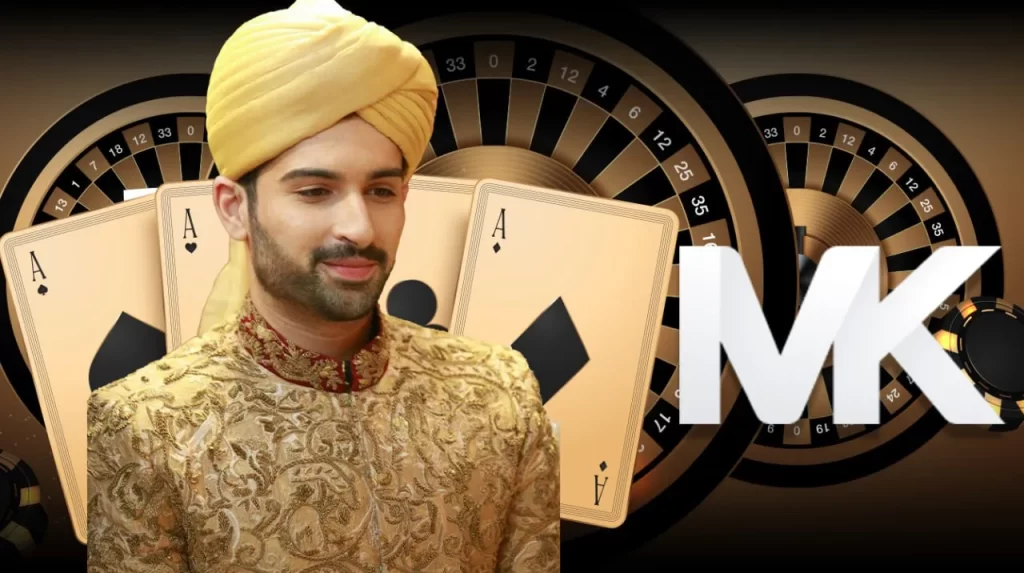Poker is an iconic card game that has captured the hearts and minds of players around the world. Whether you’re a seasoned veteran or a newcomer to the game, understanding how to play poker in a casino setting can enhance your gaming experience and potentially lead to lucrative wins. In this comprehensive guide, we’ll explore the fundamentals of playing poker in a casino, from the basic rules to advanced strategies.
Basic Rules of Poker
Before diving into the intricacies of playing poker in a casino, it’s essential to grasp the basic rules of the game. Poker is typically played with a standard 52-card deck and involves players competing to form the best hand possible based on predetermined hand rankings. The most common variant of poker played in casinos is Texas Hold’em, which features community cards shared among players and requires a combination of skill and strategy to succeed.
Getting Started
To play poker in a casino, follow these steps:
- Choose Your Game: Decide which variant of poker you’d like to play. Popular options include Texas Hold’em, Omaha, and Seven-Card Stud.
- Buy Chips: Head to the casino’s poker room and exchange cash for poker chips. Each player is required to have a sufficient number of chips to participate in the game.
- Understand the Betting Structure: Familiarize yourself with the betting structure of the game. In most poker variants, players must place mandatory bets known as blinds before the hand begins.
- Learn Hand Rankings: Memorize the hand rankings to understand the value of different poker hands. The highest-ranking hand typically wins the pot.
- Follow the Action: Pay attention to the action at the table, including the betting rounds and player interactions. Understanding your opponents’ tendencies can give you a strategic advantage.
Advanced Strategies
Once you’ve mastered the basics, consider incorporating these advanced strategies into your gameplay:
- Positional Play: Utilize your position at the table to your advantage by acting last in betting rounds and gaining valuable information from your opponents’ actions.
- Reading Tells: Learn to read physical and behavioral cues, known as “tells,” to gauge the strength of your opponents’ hands and make informed decisions.
- Bluffing: Master the art of bluffing to deceive your opponents and win pots with weaker hands. However, bluffing should be used sparingly and strategically to avoid being exploited by savvy opponents.
Conclusion
Playing poker in a casino offers an exhilarating and potentially profitable gaming experience for players of all skill levels. By understanding the basic rules, mastering advanced strategies, and honing your skills through practice and experience, you can become a formidable force at the poker table. So, gather your chips, take a seat at the table, and may the cards be ever in your favor.






